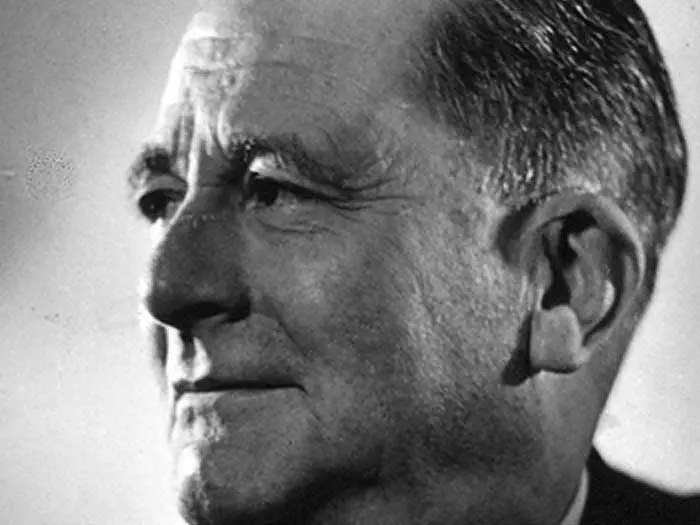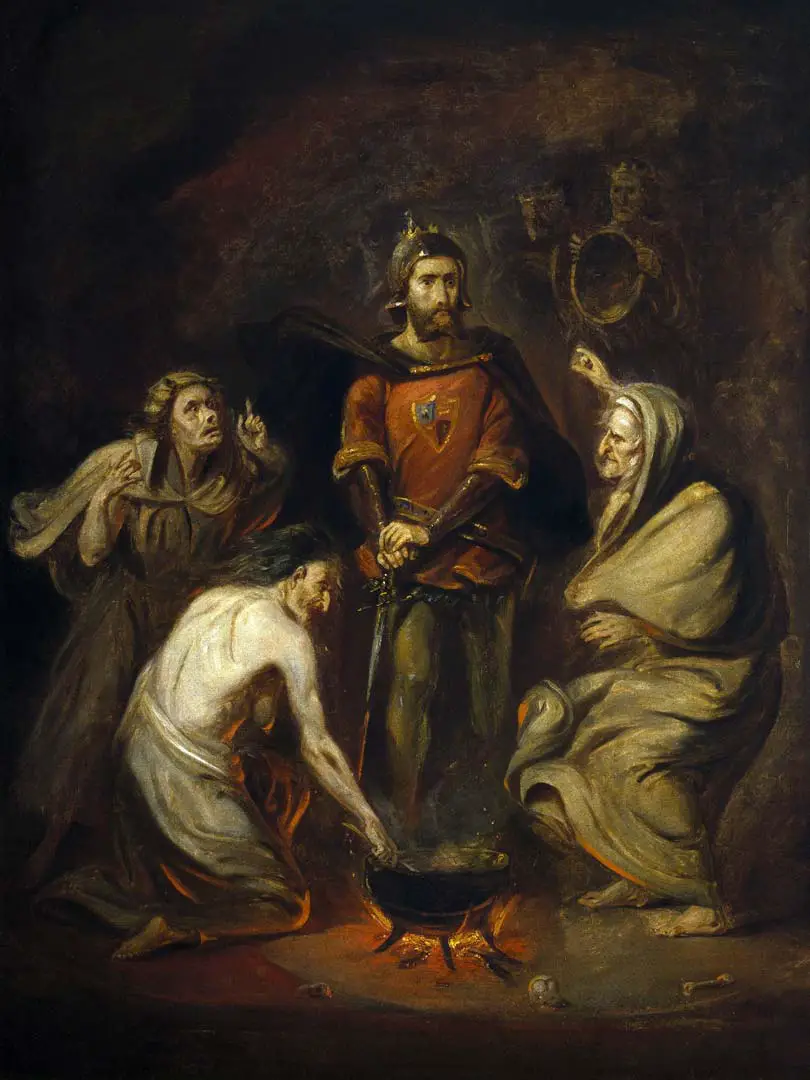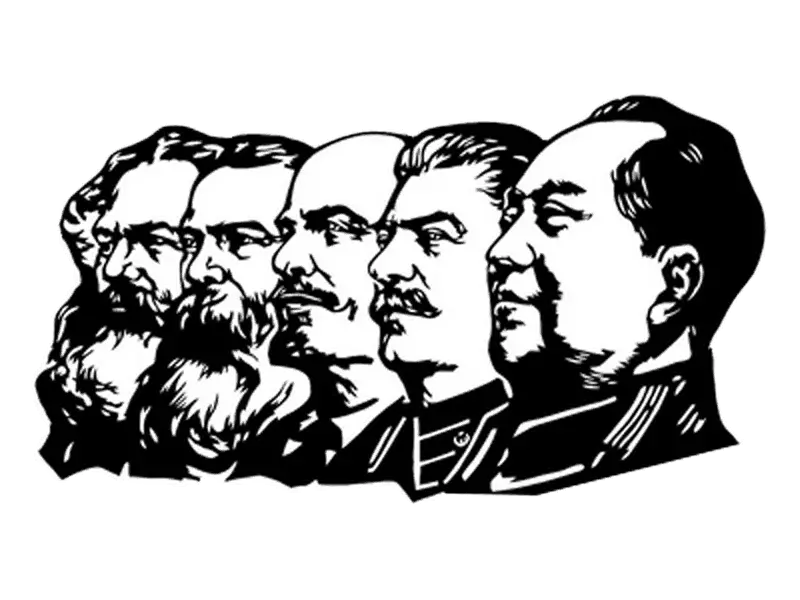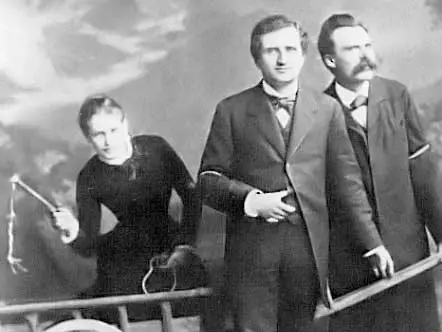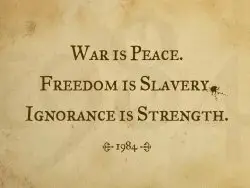On Socrates and his trial
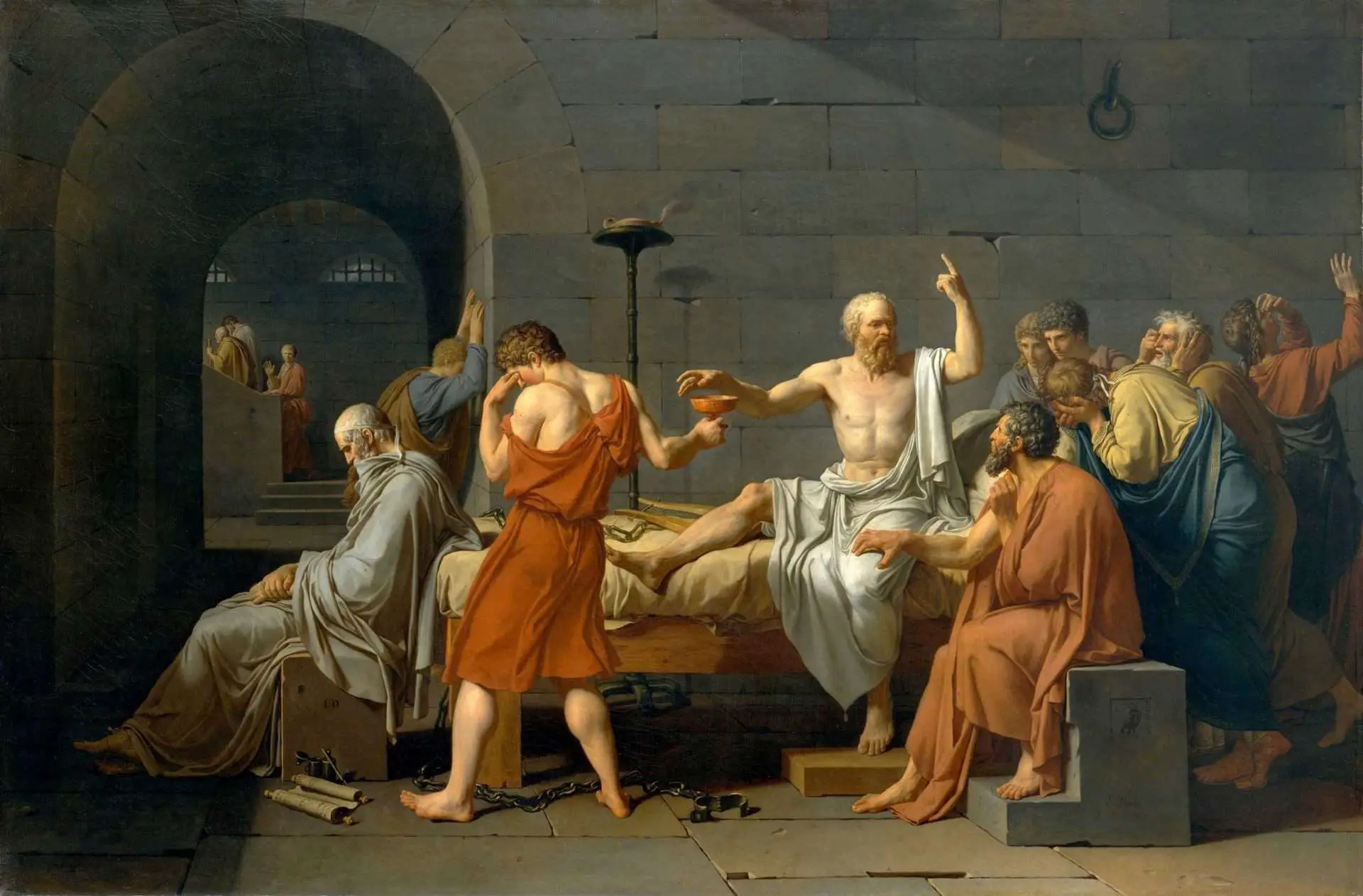

On Socrates and his trial
“there could never have been a Platonic philosophy without such beautiful young men in Athens: the sight of them is what first puts the philosopher’s soul in an erotic rapture and won’t let it rest until it has sunk the seed of all high things into such beautiful soil [reference to Symposium 206a-207b] . . . At the very least, you have to think that people in Athens had a different way of philosophizing, especially in public [my emphasis]. Nothing is less Greek than the hermit’s conceptual cobweb-weaving, the amor intellectualis dei á la Spinoza. Philosophy á la Plato is more accurately defined as an erotic contest, as the further development and internalization of the ancient agonistic gymnastics and its presuppositions . . . – I still remember, against Schopenhauer and in Plato’s honour, that the whole higher culture and literature of classical France also grew on the ground of sexual interest. You can search through it for gallantry, sensuousness, sexual competition, ‘woman’, – you will never look in vain.”
(Twilight of the Idols, Skirmishes of an Untimely Man §23)
and,
“There is a certain Socrates, a wise man, a ponderer over the things in the air and one who has investigated the things beneath the earth and who makes the weaker argument the stronger.”
(Apology, 18b)
Plato and Socrates
It is by now, for some reason, accepted that if we want to learn anything about Socrates’ teaching, it is best to look at Plato. And yet, there are sharp distinctions to be made – not the least of which stand on the opposing role of their ‘occupations’. Plato sought to rationalise everything, to explain and to prove through various methods why things were the way they were; he sought the ideas/forms, the very principles that could not be reduced to anything but their purity. Socrates claimed to know nothing – which, as we know, was a method of its own. Plato wrote of Socrates, while Socrates, well . . . he was Socrates. This may sound trivial, but there is something that is obviously at stake when a story is retold than when it is experienced. Plato was the author of Socrates’ life, a biographer; he decided what was important and what was not – but more importantly, he crafted the arguments in such a way that would fit to persuade in a Platonic (i.e. not Socratic) sense.
Socrates, on the other hand, sought philosophy itself – a public endeavour, a battle of wits, an agon. Not the argument, not the search for absoluteness in ideas/forms, but the contest, the process were central to a philosopher (as opposed to the author). We are, as it were, opposing two very different conceptions between an author and a philosopher – speaker and writer, actor and thinker; perhaps even youth and age, or woman and man, or sensuality and sex. What is certain is that Socrates did not write a word, and Plato wrote and rewrote Socrates’ words where agon only glimpsed through writing itself – but the reader already knows, already expects the result; the process is not his, only the argument remains.
Note that the ideas/forms are certainly present in Socrates, indeed as a method. ‘What is Beauty itself? Or Justice? Or Virtue?’ We may give examples of beauty – a beautiful painting, landscape, woman. . . .; but these are ‘not of themselves beautiful’ Socrates would answer, they only contain the characteristic/attribute of that idea/form that we call Beauty, next to being bronze, seductive, sensuous. . . . This is Socratic wit, his agon in the process – there is no Beauty itself nor Justice or Virtue. There is no idea or form, there is no end or result. But there are paintings, landscapes, women; there is a bronze body, seductive and sensuous. This is an active life of a speaker in a public space, a life of a philosopher.
But Plato, he saw more than there was. He wrote and laid down foundations of the ideas/forms, he thought and overthought, he missed the agonal contest as a process and focused on the end result instead. He missed the sensuousness of a philosopher (and so did other authors for the next two millennia and a half, almost without exception – and if natural science is but an extension of philosophy, woe to us). And so the foundations of ideas/forms became nothing less that doctrines according to which to live, to act, to speak and to love.
Why the trial?
But why tell us of the character of Socrates as opposed to Plato? Certainly the characters are telling of the trial as well; but perhaps also as to establish the innocence of a prolific writer to whom we (other writers) owe more than to the actors of this world. We (other writers) lack the sensuous, we lack our youth, perhaps we even lack the ability to see the bronze (we only see blue). . . . While Plato missed the agonal contest of his master and instead focused on the internal rational and the end result in the ideas/forms, Socrates continued with his method of not knowing a thing. He temped the aristocrats at their ability to govern – how could they if they could not say what Justice or Virtue were? And their children listened as this wise man who did not know a thing, still knew more than their parents. It is in this instance in particular that the Socratic method of ‘not knowing’ becomes clearest: how to know what is p, without critiquing it first; how to arrive at certain knowledge as opposed to mere belief without questioning its validity first. ‘Not knowing’ is precisely what Socrates introduced into Athens troubled by a long devastating war. And so, while Plato was discovering an argument after another, while he wrote about the virtue of not knowing, a group of young aristocrats formed around Socrates who could care less about knowing or not knowing, and only heard how not knowing could serve a purpose.
And it is this background of a long war that eventually led to the trial of Socrates – a long devastating war which, at least it seemed, had only gotten worse because of Socrates’ presence. Athens – as Thucydides recounts – aspired to be an empire. But Athens had soon found itself out of its depth waging war on too many fronts, against newly formed alliances, while it lost one battle after another. In 411 BC, in the midst of the Peloponnesian War, that young group of aristocrats decided to take over the city. Their leader was none other than Alcibiades, Socrates’ student, but also a general who failed at Syracuse, and who failed to secure support from the Persians – and so a few months later this revolt of the young aristocrats was put down. Not for too long, however, as a few years later (404 BC) another, much stronger and more brutal revolt of the young aristocrats overthrew the Athenian democracy, this time led by Critias – another of Socrates’ students. The period that followed is known as the bloodiest of Athenian history, Critias being a ruthless tyrant who must have invented random mood swings while in power.1
The trial of Socrates
Socrates is charged on two accounts: corrupting the youth (the young aristocrats that is) and impiety. These charges are somewhat unsatisfying, especially because impiety nor corruption of youth are substantially meaningful without context. The reasons for the trial play a dominant role in the charges brought forward – why care about impiety (like acknowledging the city gods) in the first place, or what youth? Equally, Socrates the great rhetorician avoids the very charges brought against him and very early on in the trial detaches the charges from the context that they are brought. These two charges are somewhat insignificant to the underlying charge that we find in Aristophanes. A master agonist, without the flavour added by Plato, Socrates suddenly alludes to Aristophanes who two decades before the trial was accusing Socrates.
In The Clouds, Aristophanes portrays Socrates as a sophist (not a rhetorician); the protagonist (Strepsiades) wants to learn from the sophists the art of . . . basically lying. Here is how Aristophanes puts it: “It seems they have two courses of reasoning, the true and the false, and that, thanks to the false, the worst law-suits can be gained. If then you learn this science, which is false, I shall not have to pay an obolus of all the debts I have contracted on your account.” Or later again, “Teach him both methods of reasoning, the strong and also the weak, which by false arguments triumphs over the strong; if not the two, at least the false, and that in every possible way.”
Socrates plays the same trick as with the aristocrats in the past – his method of not knowing, of agonal contest, of the process instead of the end result. He does not even aim to absolve himself from the charges brought against him, but instead alludes (or at least Plato does) to the charges brought against him twenty years before (The Clouds was written in 419 BC). And we know from Nietzsche that Plato kept Aristophanes under his pillow, so close was he to the comic author. His defense is as much a farce as his teachings were – they were meant only as a contest; not as ideas/forms that were to be taken from them, but only as an enduring contest of a speak and actor.
We can read how the context of war, of one revolt after another – and Critias’ rule was by far the bloodiest Athens had ever known – is at play. All Socrates has to do is to state his intent of rhetoric; but there is none, a speaker does not write, and an actor does not think – reasons were of as much worth to Socrates as actions were to Plato. While the young aristocrats gathered around him and learnt how ‘false arguments would triumph over the strong’ – and indeed, how precisely these types of arguments led to the failure at Syracuse – who else was there to blame than their teacher.
But there is more, Socrates’ students one after another were in favour of an undemocratic rule – the fundamental principle of Athens – and they were associated with treachery and treason. How was their teacher not to be blamed?
There is, naturally, another element to corruption of youth – which needs precise historical understanding which is too grotesque to contemporary cultural norms. Corruption of youth is significantly more important in the ‘philosopher’s soul’. Plato is adamant that Socrates rejected advances from Alcibiades – that the two did not have sexual intercourse (in Symposium and in Phaedrus). This is indeed odd, not so much because Plato was against the practice as such; the main reason is in the notion of corruption, which the Greeks saw in the relationship between the youth and the aged. Only the aged were supposed to approach the youth – how else would an erotic contest ensue if the youth were the initiators of ‘erotic raptures’? Alcibiades’ advances, if accepted, would indeed mean that Socrates literally corrupted (the Greek word translates as ‘rotted/decayed’) Alcibiades.
The significance of this point should not be underestimated/moralised. Corruption of youth in Athenian culture renders the youth unfit for public office (that is, being a general that later fails at Syracuse)2 – very literally advances from youth towards the aged would be equated to prostitution; and distrust of a prostitute in public office was not part of some politically correct culture. Athens in 399 BC seeks to punish those who led to the failure of their aspirations to empire. Alcibiades did not only lose at Syracuse, but also betrayed Athens to the Spartans, his position as a civil servant was certainly to be questioned, and so was the position of the person who made him into a prostitute in the first place. The corruption of youth charge was literally defilement of a youth – not a metaphorical contextless position.
And thus, the author overpowers the philosopher – he no longer sees the agonal contest, but is concerned with the result. Seeking to acquit his master, he thinks and writes and ages, and he loses sight of the sensuousness of his master – the trickery that led to his trial, and the trickery of the trial itself, is lost in the attempt to create an idea/form of Justice and Virtue. The agonal contest was lost (literally as well as figuratively) the moment Plato became one of Socrates’ students.
(It is here also, though it may seem entirely unrelated, that Plato’s political philosophy starts. Not The Republic, not the Statesman, but his Apology is the truly political work – one which introduces the means according to which the political functions, according to which the political categories (though not in their Schmittian sense) originate. The political as opposed to the ethical, aesthetic, economic – the only notion through which differentiation in the public sphere is possible. But this is an entirely different topic, so I will leave this as food for thought.)
Sign up for Paradox of the Day mailing list and please visit our Patreon support page.
Selected Bibliography
Plato, (1997). [amazon asin=0872203492&text=Plato: Complete Works] (Cooper J.M. & Hutchinson D.S. eds.). Indianapolis: Hackett Publishing.
Nietzsche, F. W. (2007). [amazon asin=0521016886&text=The Anti-Christ, Ecce Homo, Twilight of the Idols, and Other Writings] (J. Norman, Trans.). Cambridge: Cambridge University Press.
Aeschines, (1958). [amazon asin=1314497421&text=The Speeches: Against Timarchus, on the Embassy, Against Ctesiphon] (C.D. Adams, Trans.). Cambridge: Harvard University Press.
Dover, K. J. (1989). [amazon asin=0674362705&text=Greek Homosexuality]. Cambridge: Harvard University Press.
Nussbaum, M. (2000). [amazon asin=0195112105&text=Sex and Social Justice]. Oxford: Oxford University Press.
- A little known fact is that Socrates remained in the city, while all other rhetoricians (Aristophanes calls them sophists) were either killed or driven out of the city. Some believe that Socrates was in on it, that he in fact incited the revolts against democracy. A reader of Plato will know how little respect Plato has for democracy. I would not go as far as that, but it is certainly the case that while the new Thirty Tyrants drove others out of the city, they also forbade Socrates to teach rhetoric to anybody else.
- There were strict laws on who could hold public office in Ancient Greece, and the prostituted were restricted on seven functions of the public office, cf. Aeschines’ Against Timarchus. Punishment, and accusation of Socrates in this regard, were not exceptional.


